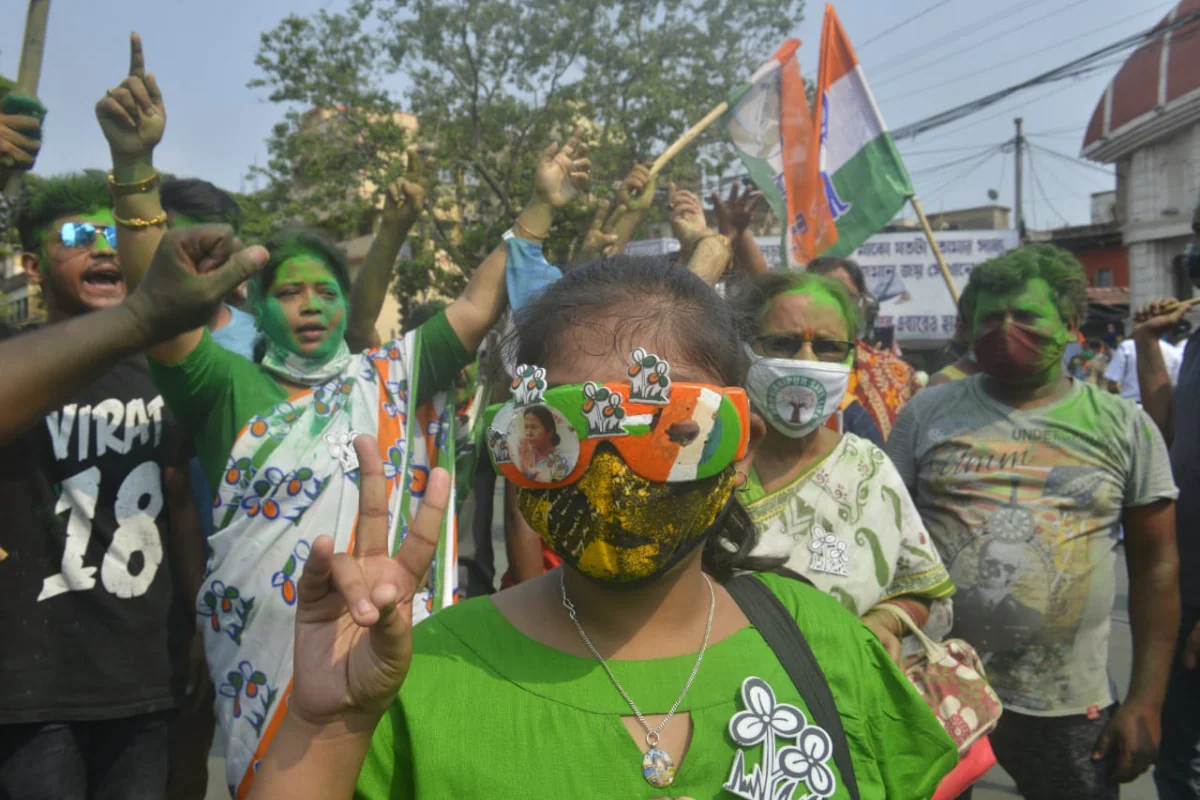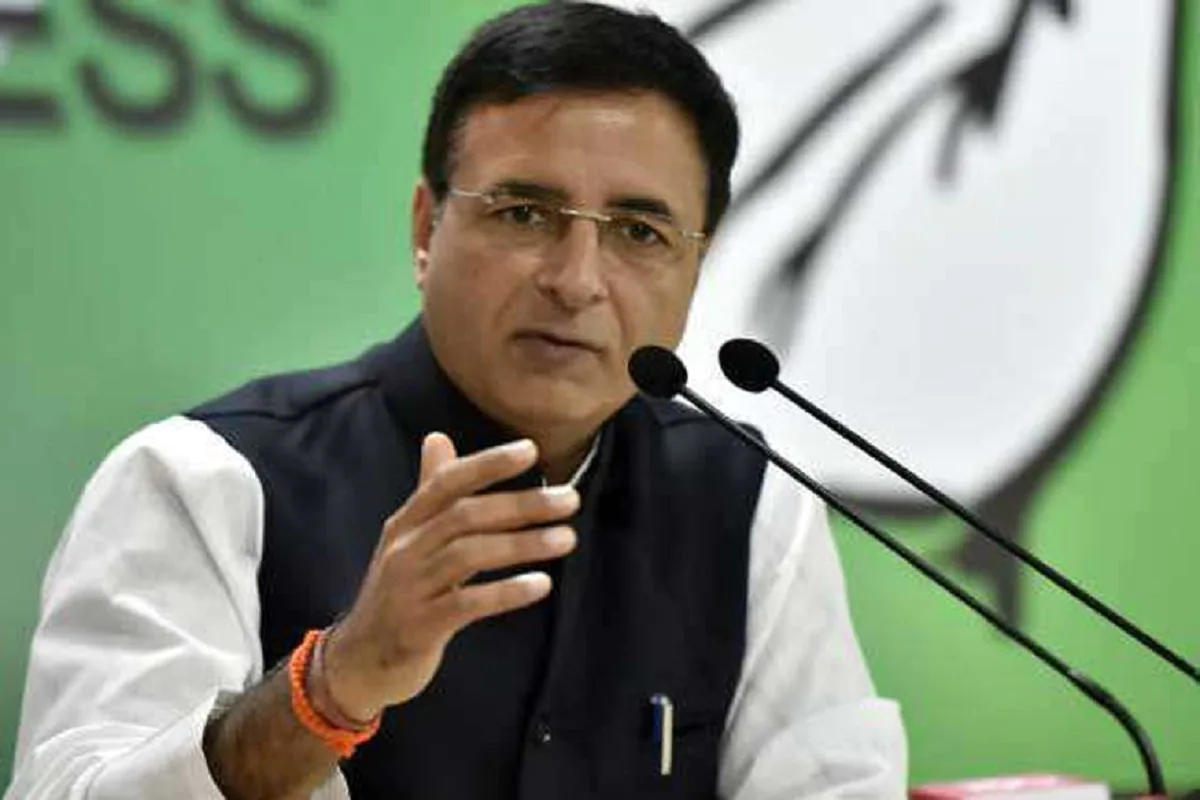In 2019, just after the Lok Sabha elections, I was among a group of journalists waiting outside the Trinamool Congress (TMC) Bhavan in Kolkata. I caught a glimpse of a black car that went inside and its occupant. I had first seen Prashant Kishor back in 2015, when he helped Nitish Kumar’s Janata Dal (United) win the state elections in coalition with the Rashtriya Janata Dal. I was wondering what he was doing at the TMC Bhavan. I worked the phones and learnt that he was all set to tie up with chief minister Mamata Banerjee’s party.
Next day, it was all over the news. His entry in Bengal happened in the backdrop of an aggressive Bharatiya Janata Party (BJP) winning 18 of the state’s 42 Lok Sabha seats.
I kept on trying to reach PK, as he is called in political and journalists’ circles, and finally got an appointment for an interview. In an informal conversation that followed, he told me he was just a facilitator and would help the TMC strategise. He said his job was to make strategies, not to give television bytes.
When the BJP tried to corner the TMC in its campaign for the 2021 assembly elections over cut money (commission) and the chanting of “Jai Shri Ram”, Kishor responded with the “Didi Ke Bolo” programme. People in distress could call a number to directly reach Banerjee. The issues would be resolved quickly, promised the ruling party. This was a big hit.
Specific tasks were assigned to party leaders, who were asked to stay in villages and spend time in their constituencies. The aim was to strengthen the grassroots connect. When there were allegations that intermediaries were making the TMC unpopular, he suggested removing them in order to create a direct connection between Banerjee and the masses.
Even as the BJP tried to consolidate Hindu votes, Kishor advised the TMC to go with a development agenda. The more the BJP tried intensifying its campaign, the more Kishor came up with campaigns such as “Banglar Garbo Mamata (Mamata is Bengal’s pride)”. Meanwhile, Banerjee launched her much-talked-about medical insurance scheme, “Swasthyo Sathi”. Her “Duare Sarkar” drive for doorstep delivery of benefits of the government’s schemes too was strategised by Kishor.
With the BJP sending the big guns for campaigning, the TMC focused on the line that “Bangla Nijer Meyeke Chaye (Bengal wants its own daughter)” to strike a connect.
From Dalit outreach to projecting the Bengal polls as a key component in the political battle against the Centre’s BJP, Kishor worked round the clock to give the TMC an edge. Even before the campaigning and poll rush reached the crescendo, Kishor maintained in December that the BJP would not cross the 100-mark in the state with 294 seats. He was right in his prediction.
While Kishor got busy in strategies, it was Abhishek Banerjee, the chief minister’s nephew, who led from the front in implementing them. There is a buzz that it was Abhishek who brought in Kishor. But the 33-year-old MP has a nuanced answer ready. He told me in an exclusive interview mid-April that it was the party’s decision.
With Kishor’s arrival, the very system of appointing observers for districts was dropped, and a core committee was made with seven members, including Abhishek. At the same time, this put Abhishek in the crosshairs with a section of leaders objecting to the new system.
In the News18 interview, he had hit out at leaders who had quit the TMC to join the BJP, including former minister Suvendu Adhikari. Nevertheless, Abhishek tried to put an end to faction fights by speaking directly to leaders involved. He also tried to initiate dialogue with Adhikari, but that didn’t work out.
Abhishek, targeted by the BJP over alleged corruption charges, was at the forefront of the “Didi Ke Bolo” and “Bangla Nijer Meyeke Chaye” campaigns, monitoring them and taking constant feedback from local leaders. He was the second busiest campaigner in the TMC ranks (after the CM), while he also managed the backstage in coordination with Kishor. Their chemistry worked.
In the interview, Abhishek told me that he wanted to work towards the strengthening the party organisation and did not want to become the deputy chief minister for the next “20 years”. “I am not into the business of fortune-telling. I live one day at a time,” he said, when I asked him how things will shape up in the near future.
Read all the Latest News and Breaking News here




